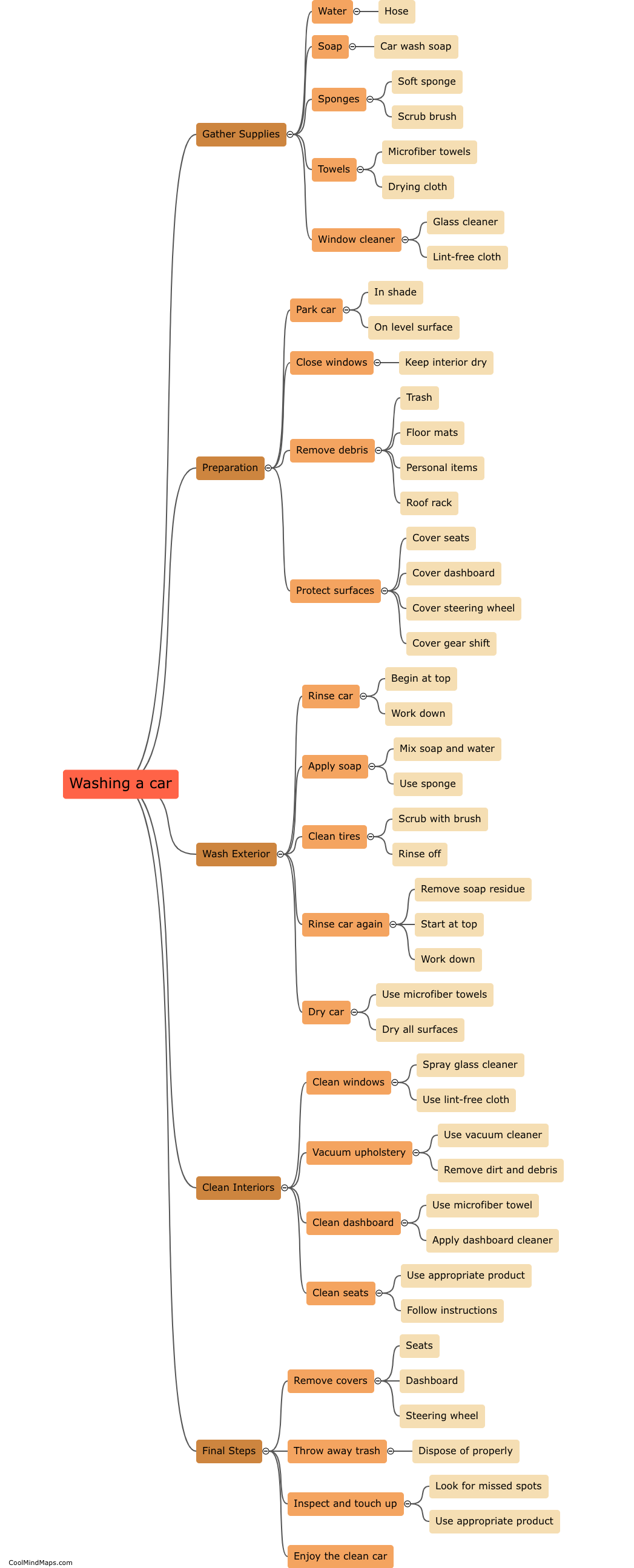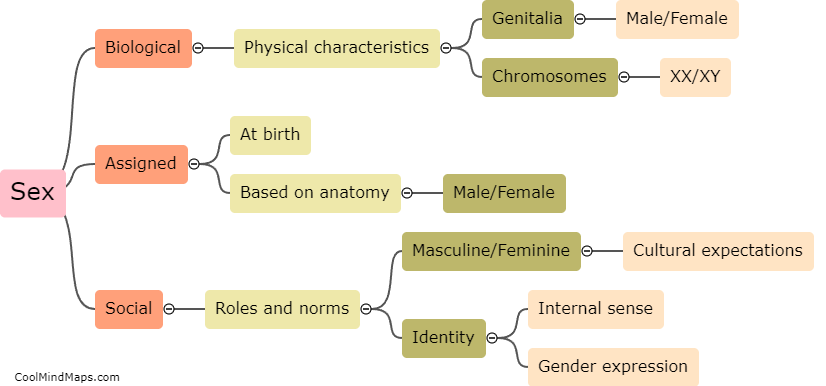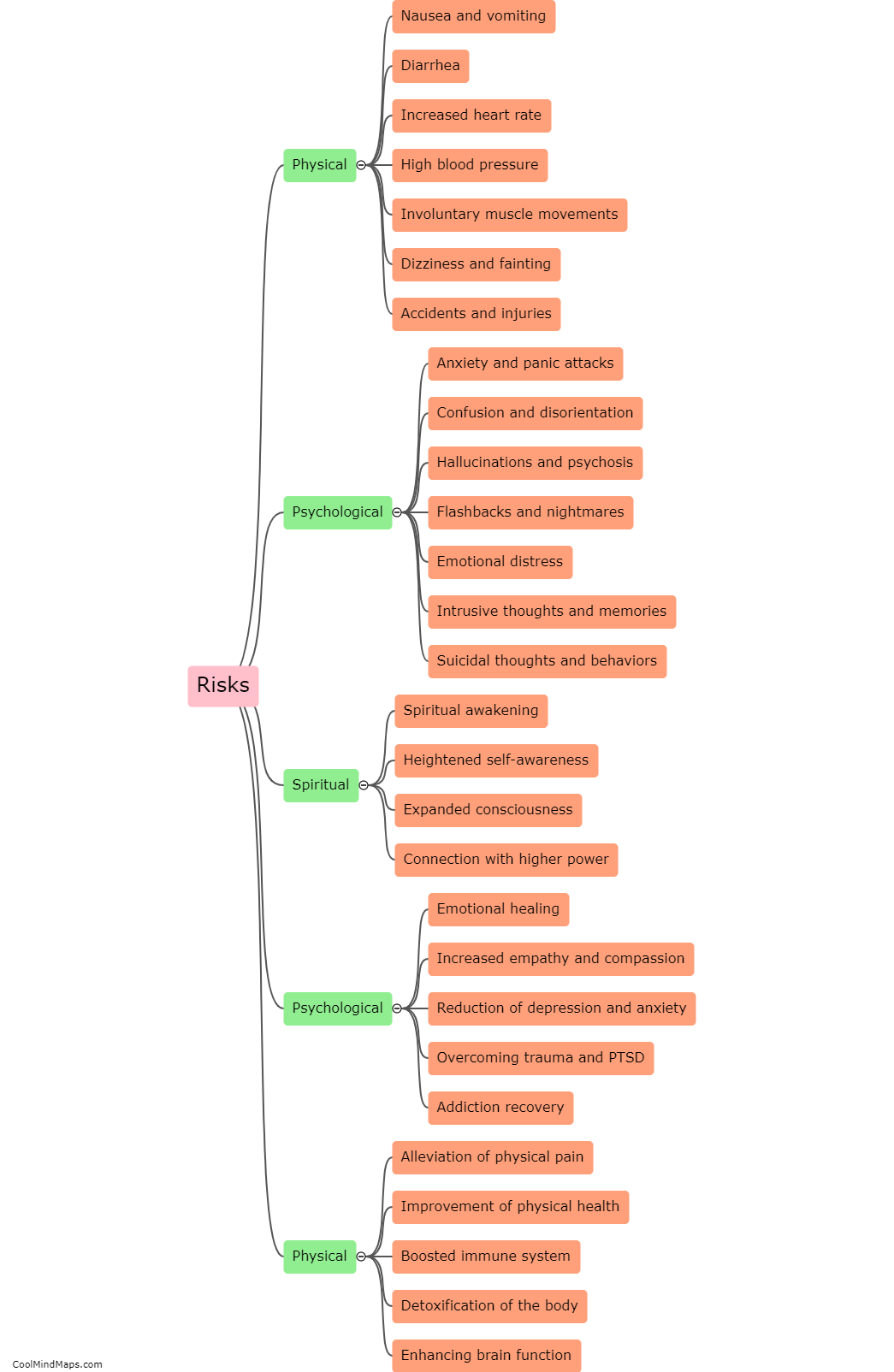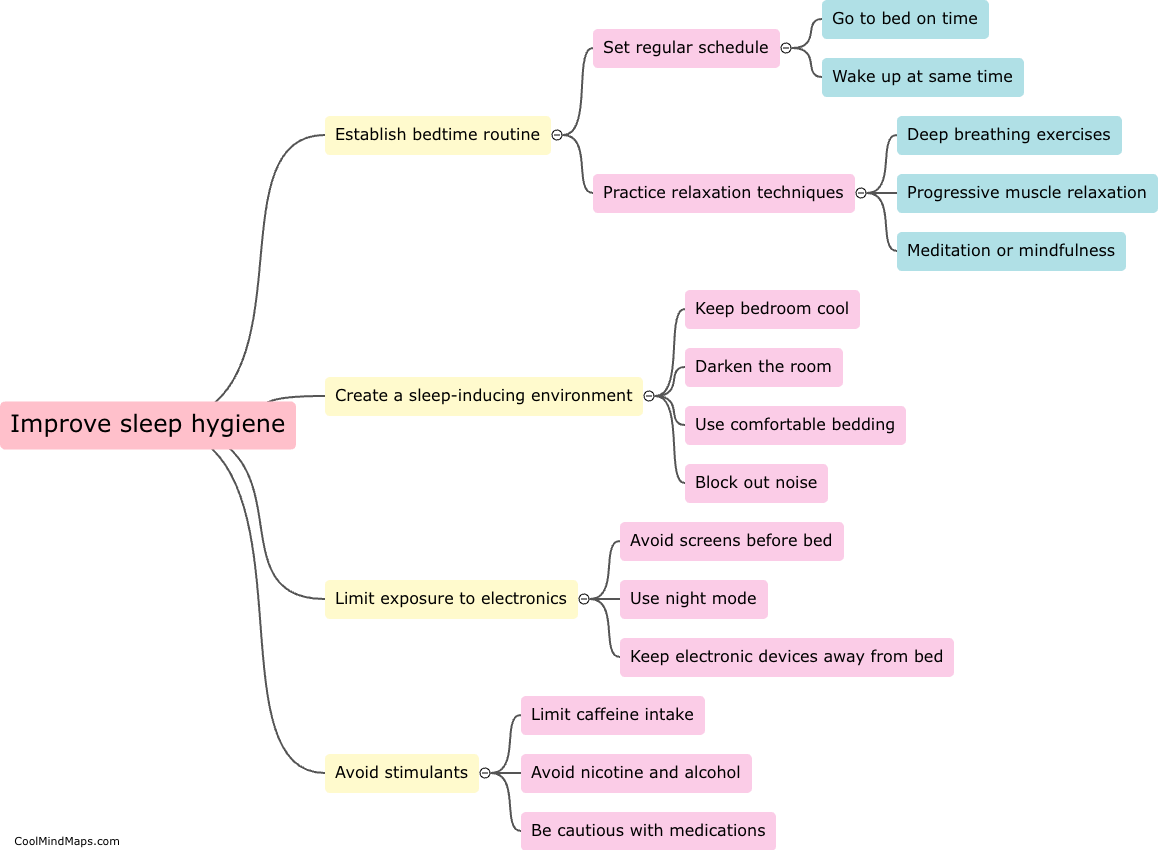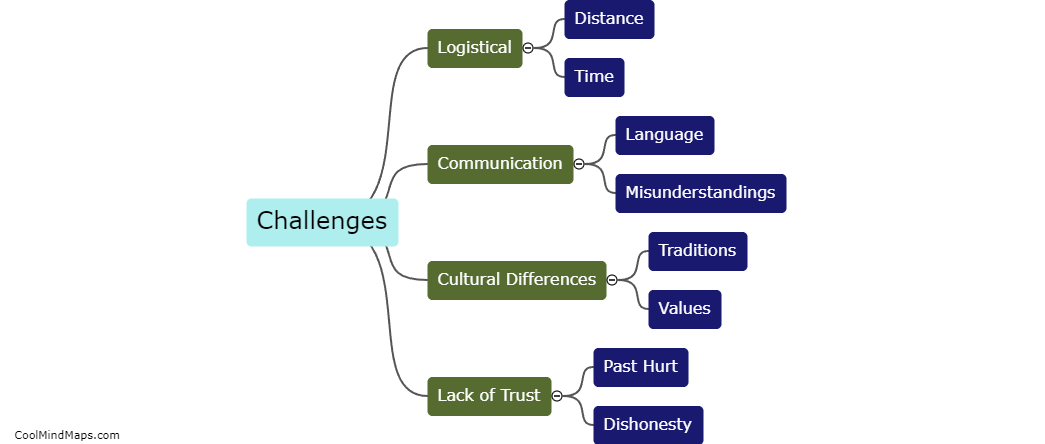What are the principles of training?
The principles of training refer to a set of fundamental guidelines that are followed in order to ensure effective and efficient training programs. These principles are important as they help optimize the results of training by enhancing performance, minimizing the risk of injury, and promoting overall improvements in an individual's fitness level. The principles of training include specificity, overload, progression, individuality, reversibility, and rest and recovery. Specificity emphasizes that training should be tailored to the specific goals and needs of an individual. Overload dictates that training must exceed the individual's normal level of effort to stimulate physiological adaptations. Progression involves gradually increasing the intensity, duration, or frequency of training to avoid plateaus. Individuality recognizes that every person responds differently to training stimuli and requires personalized programs. Reversibility highlights the temporary nature of training adaptations if a person stops exercising. Rest and recovery emphasize the importance of allowing sufficient time for the body to recuperate and adapt to the training stimuli. By following these principles, trainers and athletes can design effective and safe training programs.
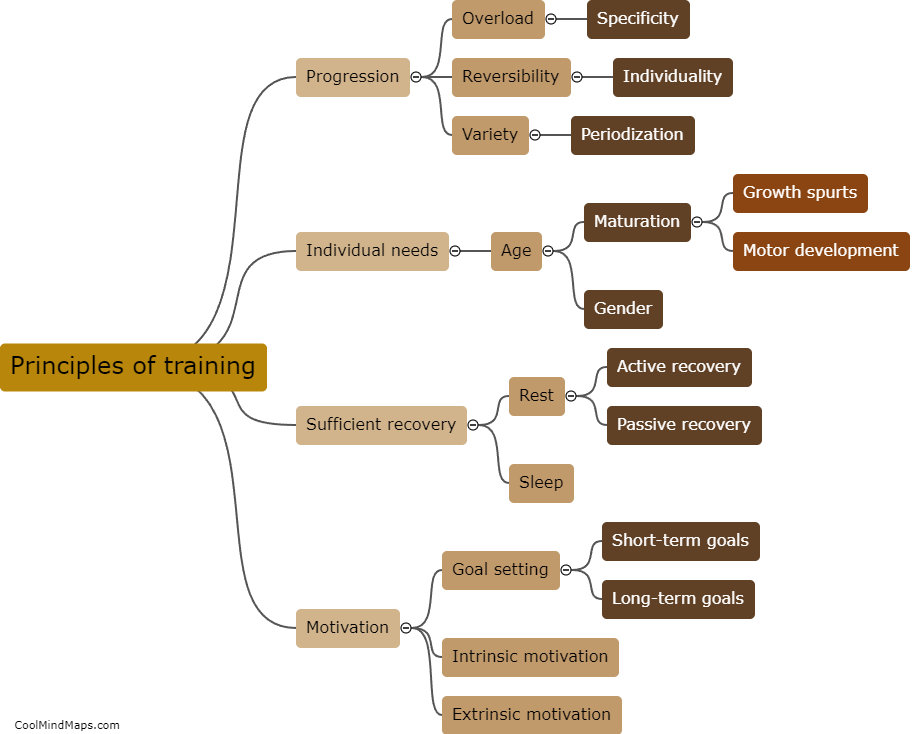
This mind map was published on 27 November 2023 and has been viewed 146 times.
